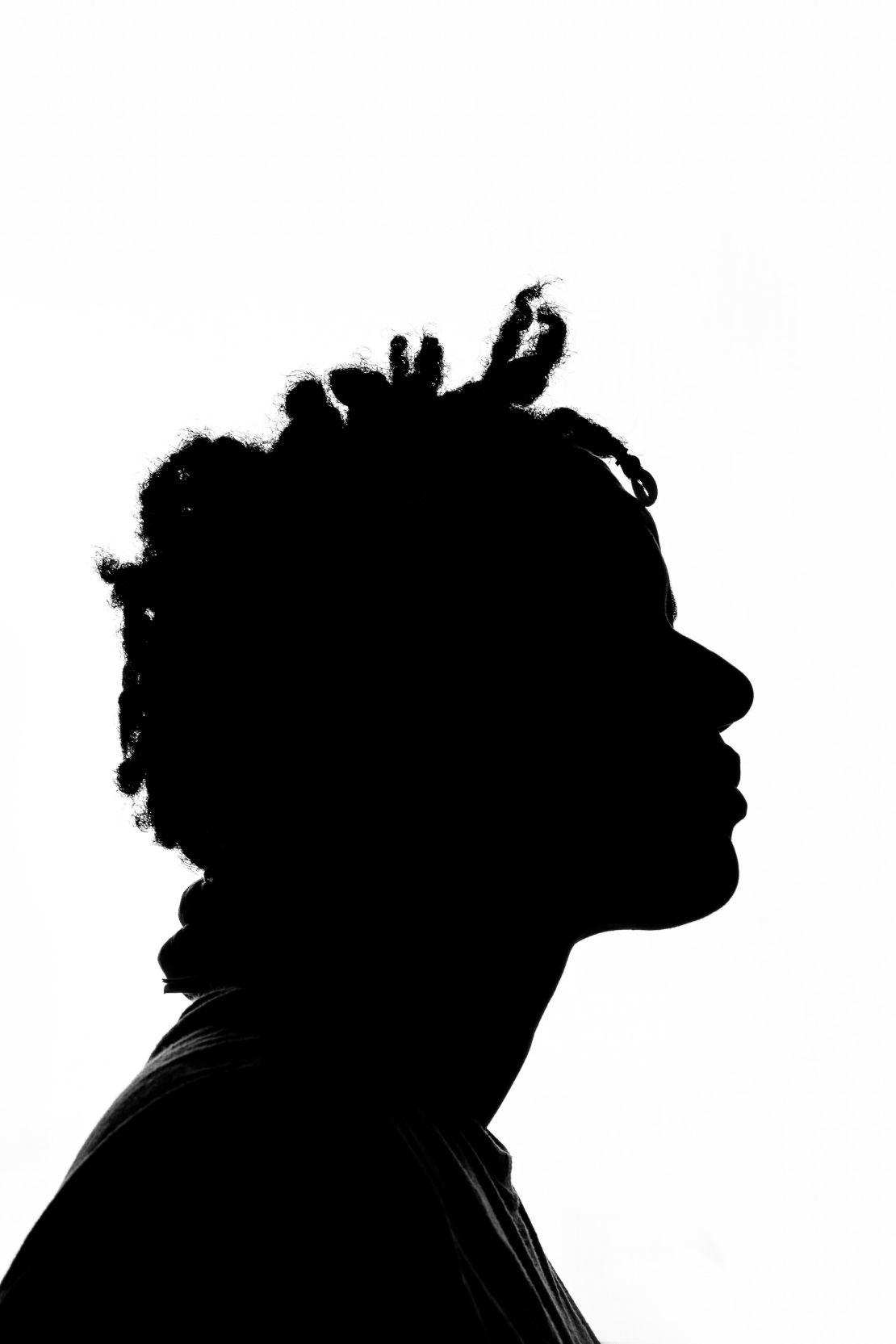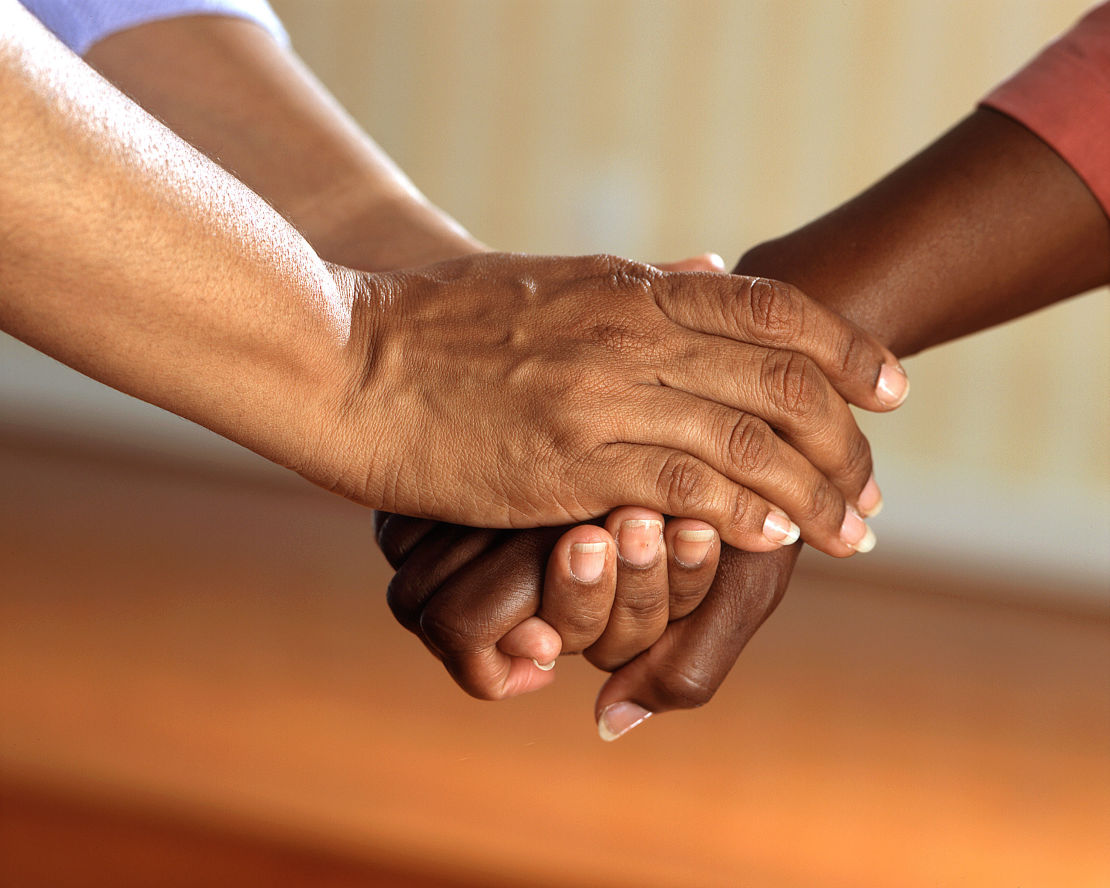
We want to make change happen for trainee Black and Minority Ethnic (BME) counsellors and psychotherapists.
We want there to be more qualified therapists of colour, registered and working in the UK. We want more trainees of colour recruited and we want their training journey to be improved.
We are counselling students with direct and regular contact with counselling and psychotherapy students of colour across the UK.
We have spoken to countless qualified counsellors and psychotherapists of colour. They all have the same story to tell: that they found, and we find, it hard to feel safe and held by our tutors, by our supervisors and by our institutions.
No official stats of course, but anecdotally - BME students are more likely to drop out, change training provider and will take longer to complete their training.
Our training requires that we undertake a level of self-exposure and self-scrutiny, so that we are confident enough and robust enough to conduct a similar process with our future clients. This work we have to do on ourselves will point us to our own traumas.

Let’s consider some of our racial traumas: Recognition trauma. This is the trauma that occurs when you are faced with having to deal with the fact of the systematic racism that you ignored and stepped around. When you face and remember the micro aggressions that you denied for all those years. When you remember all the Karens that chose to flex the disparities in your experiences that impacted your self-esteem, that impacted your view of your place in the world, that impacted your performance, that impacted your ability to ‘fit’ for that promotion, that impacted...I hope you understand that I could actually go on for a long time here.
So recognition trauma day is the day you face the fact of your life, without the blinkers of an equal society. But recognition trauma will revisit you on a fairly regular basis – little things that your sub-conscious will throw out.
And you will be impacted again and again. Like a clap on the head, when you’re sleeping, when you’re shopping, when you’re studying. Very much like PTSD.
Then for someone that looks like me, because that’s what it comes down to, you have to work out - who you are in the white space you inhabit. What it means to be black with your own ancestral combination. Whatever the combination – black still.
These are considerations that must be deliberated on in a manner that intersects with other identity spectrum bands such as sexuality, gender and religion. I think it is fair to say that whiteness is hyper normal and the considerations for white students are not so involved.
In all this, the student of colour has to manage their relationship with other students and their tutor and supervisors as well as their therapists.

Some of these interactions create an additional level of stress when you attempt to articulate the awakening and trauma that you are going through. You need the words to articulate yourself clearly, so you get reading. Read as, much as you can on racism, privilege, power – there are a lot of texts out there. If you have read them before – read them again – they will resonate differently with you this time - trust me.
So you go back into your class rooms and you hope to explain yourself or not because you don’t have to do this. You are not your groups’ educator.
If you can articulate how you are awake to the system of white supremacy that you reside in, and if in this current political environment when there is so much to say that is difficult to say - as the pain of the reality of race can impact everyone. Then be prepared for your preparation to be met with silence as you sit with white peers and tutors people in discomfort.
How might that make you feel? Maybe like a denial of validation; a lack of acceptance of your experience and self. As you are. Where do you take that emotion? Where do you take that frustration?
The fact remains that between re -experiencing your racial traumas, learning how to articulate your feelings and learning to interpret the trauma held in your body, to your peers, to your tutors, verbally and in your written work….
Where are you finding the time to engage with the theory in the way that you should?
It is usually written with white middle class male assumptions, so you will need to put aside a bit more time to allow for the prerequisite dissociation that usually occurs when text is not written in your natural frame of reference.
Deal with all of that and now, only now does the student of colour stand at the same point as their white peers. Now you are ready to deal with yourself – your own personal traumas. Good luck with that!
BME students have a much longer awareness journey of traverse. It involves additional time to read vital race specific texts, to focus on work that is not written about you and not written for you, to learn to articulate your all your racial traumas, additional emotional energies to reorient yourself as you experience these traumas, additional patience and resilience, as you cope with the feedback from your responses to your learning environment.

We want to see a future that recognises these obstacles: We want to see more emotional support offered to BME students. We want to see the curriculum decolonised, more parity around what is expected of white and black students.
Competency is a demonstrable skill so better race competency training given to tutors and supervisors – let them show they have the capacity to hold students of colour.
We want a future where each student of colour can have access to the safe haven they need to complete their self-examination so they can eventually do the work they need to do to help our communities traverse the future.
We want a future that listens - because black therapy matters.
Adeola Russell
